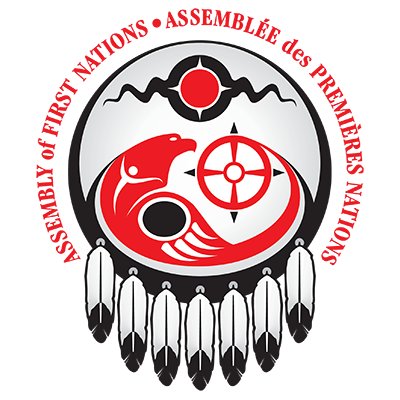*This article was originally published in The Lawyer’s Daily on July 18, 2018. The Assembly of First Nations will hold its election for national chief on July 25 in Vancouver. Only the chiefs of the 634-plus First Nations are eligible to vote but most chiefs’ assemblies see less than half of those attend, and of…
Continue reading…about Assembly of First Nations election a battle for sovereignty
